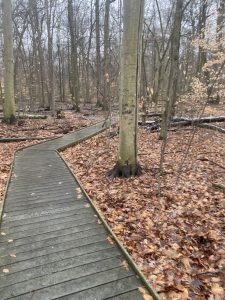In economy, Thoreau writes about the enlightenment he achieved by letting go of the luxuries of overabundance. He states that having the bare minimum is enough for a person to survive and even flourish as he/she would be freed from the imaginary pressure imposed by society and oneself. “By the words, necessary of life, I mean whatever, of all that man obtains by his own exertions, has been from the first, or from long use has become, so important to human life that few, if any, whether from savageness, or poverty, or philosophy, ever attempt to do without it.” This paragraph starts with a description of the bare minimum according to Thoreau. The passage in general is Thoreau explaining what he thinks is the only requirement for a person to live to the fullest. Cloth, food and shelter in this case.
Solitude and Companionship
“Many a traveler came out of his way to see me and
the inside of my house, and, as an excuse for calling,
asked for a glass of water.” In chapter six, on the passage that begins with that sentence, Walden writes about how some half witted men came to him and his disinterest in engaging. This is the main message of Visitors, Walden’s seeking of solitude with his occasional curiosity in interesting people.
The Paths
I was quite surprised to discover the walking boards at Johnson Woods. The image in my head was an untouched, or at least moderately, touched piece of land where nature developed on its own. Filled with surprise, I continued walking down the path. Following the path means following a predetermined route, seeing what we’re supposed to see and being limited to that. Although it has its upsides, like making sure visitors witness essential parts, the predetermined route retracted from the sense of exploration and wonder.
